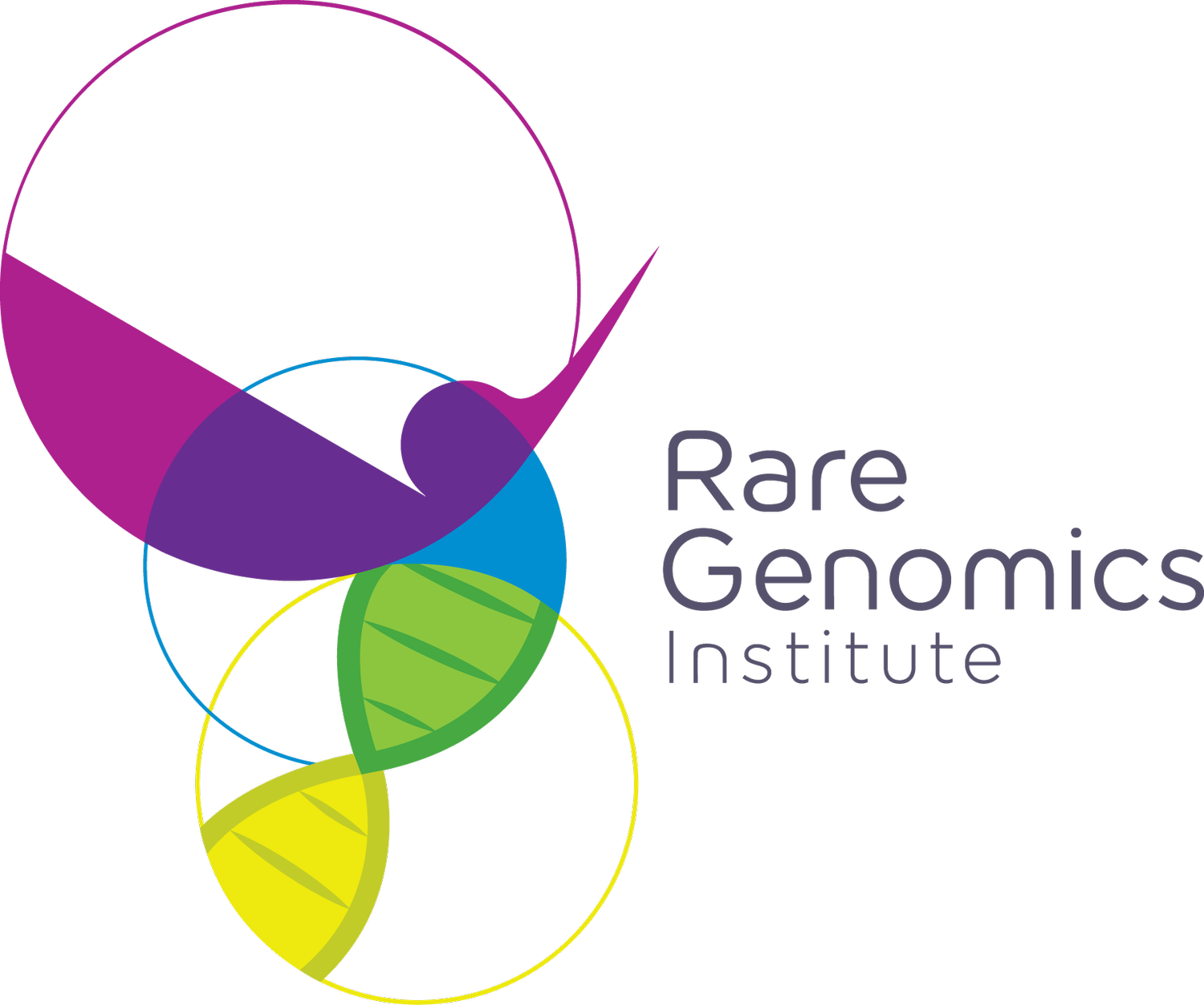
News, Events & Blogs
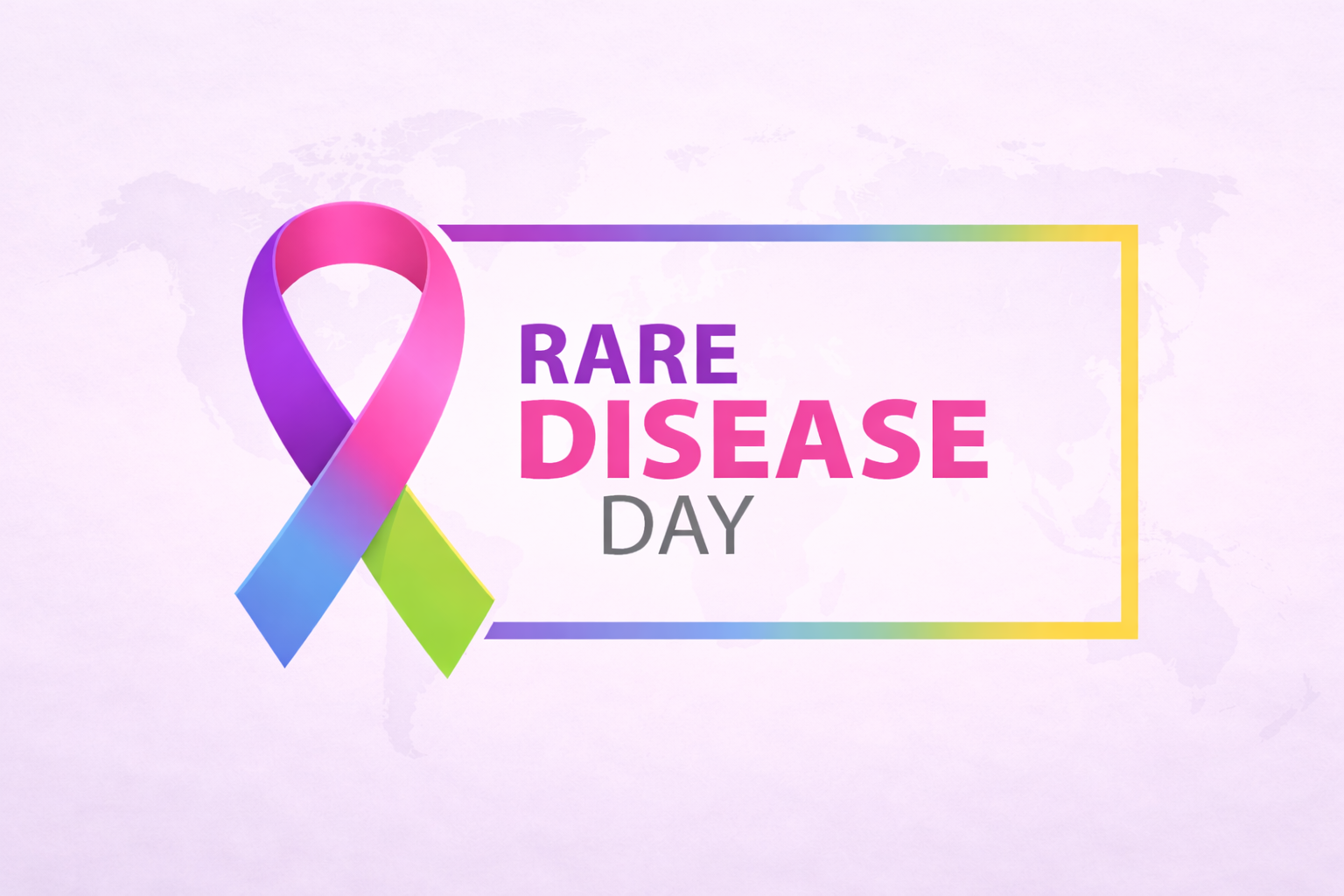
Why February 29th? The History Behind Rare Disease Day
More than 7,000 rare diseases affect an estimated 1 in 10 Americans, yet public awareness remains limited. Rare Disease Day, established in 2008 by EURORDIS, unites over 100 countries each year to promote research, health equity, and global advocacy. Through education, policy initiatives, and patient-driven storytelling, the movement continues to amplify voices that are too often unheard.

Drug Repurposing: Finding New Uses for Old Medicines in Rare Diseases
For millions living with rare diseases, the biggest challenge isn’t diagnosis — it’s finding effective treatment. Developing a new drug can take over a decade and cost billions, often making it impractical for small patient populations. Drug repurposing offers a faster, lower-risk solution by identifying new uses for existing, safety-tested medications. This approach has already transformed drugs originally developed for other conditions into life-changing therapies for rare genetic, metabolic, and neurodegenerative disorders.

Redefining the future of Rare Diseases: The Power of Gene Therapy
Approximately 7,000 rare diseases are known today, and about 80% of them have a genetic basis. For many, there are no approved treatments. Gene therapy provides a personalized approach by addressing the underlying mutation.

The Future of Rare Disease Research
Rare diseases may affect only a handful of people, but together they impact more than 400 million people worldwide—that’s roughly 1 in 17 people. Historically, they’ve been neglected because of small patient populations and fragmented research efforts. But today, thanks to new technologies and global collaboration, the future of diagnosis and treatment has never looked brighter.
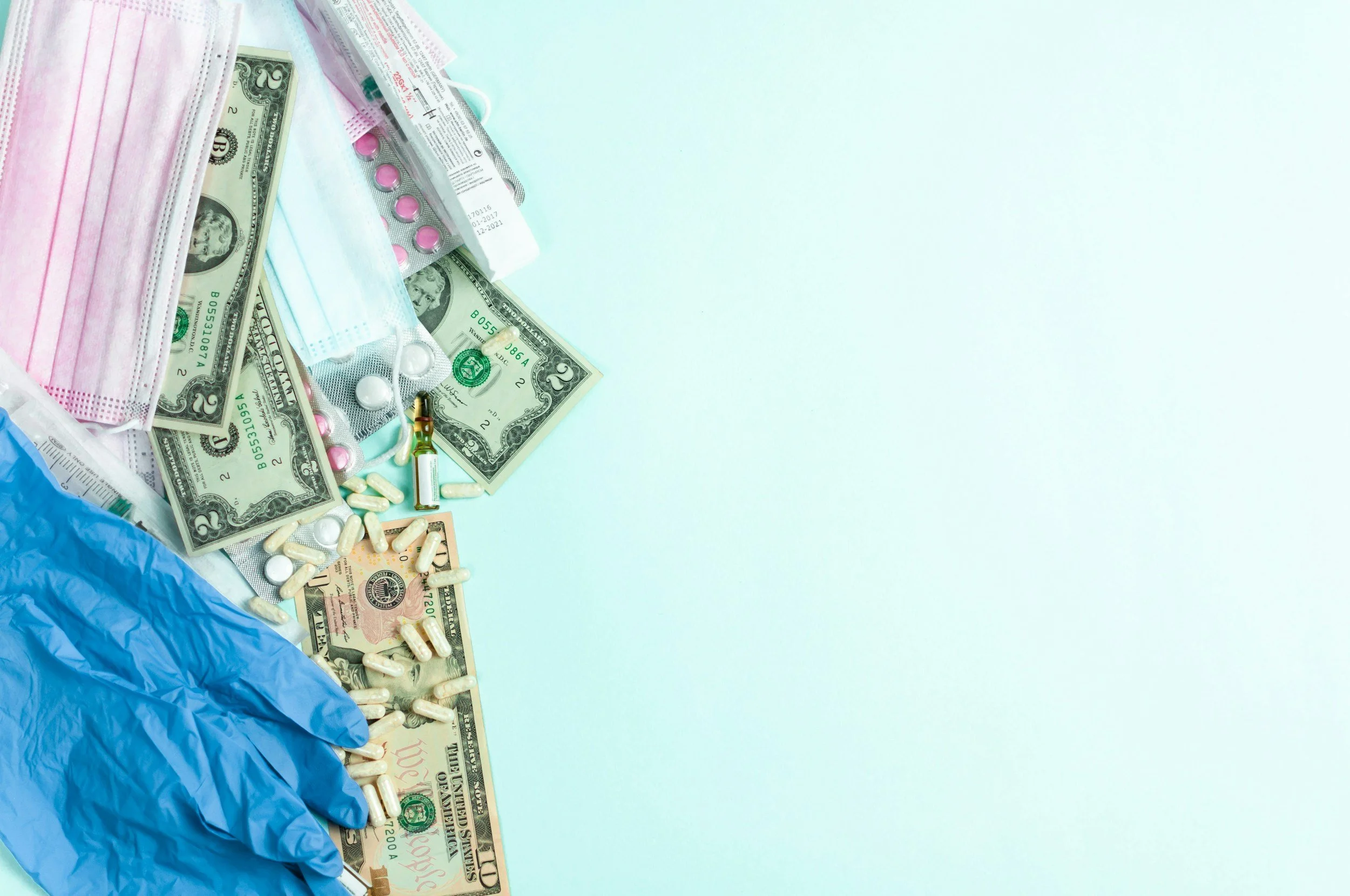
Economics and Politics in Rare Disease Treatments: The Rising Cost and Challenges
Orphan drug approvals are rising, offering hope for rare disease patients — but at an average cost of $370,000 per year. With policy shifts, Medicare loopholes, and falling research funding, the future of rare disease treatment hangs in the balance.
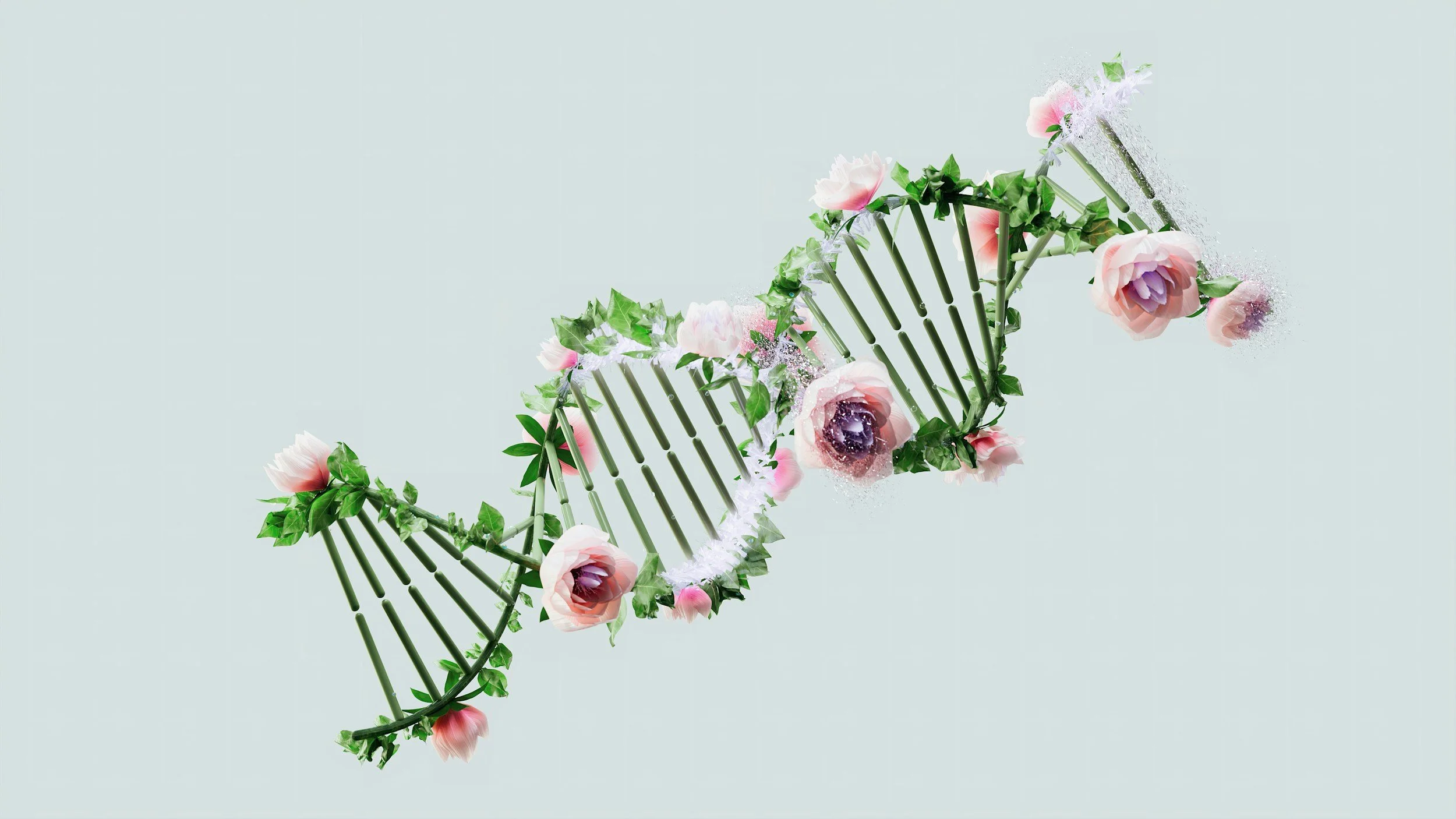
Precision Genomics for Rare Diseases: Shaping the Future of Treatment
The intersection of genomics and personalized medicine has transformed the landscape of healthcare. The Rare Genomics Institute (RG) emphasizes leveraging cutting-edge genomic technologies to identify the genetic basis of undiagnosed rare diseases and empowering patients with resources and the latest research. RG stands out from other organizations focused on rare diseases through its unique patient-centered approach. So far, RG has coordinated over 380 genetic sequencing projects and served over 825 families.
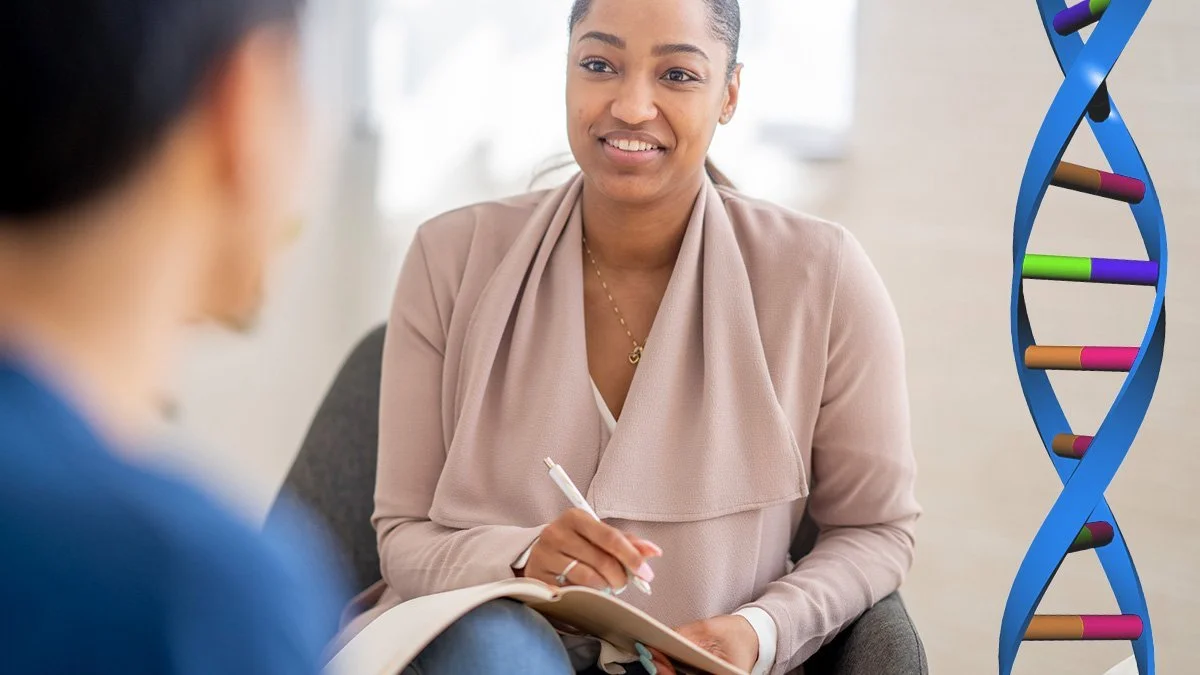
Breaking Down Genetic Testing: What Patients and Families Need to Know
Genetic testing can be a powerful tool for diagnosing rare diseases, understanding hereditary risks, and guiding treatment decisions. However, for many patients and families, the process can seem overwhelming or confusing. This blog will break down what genetic testing is, the different types available, how to access testing, and what to do with the results.

AI in Healthcare: Revolutionizing Genomic Sequencing and Rare Disease Treatment
In recent years, artificial intelligence (AI) has made significant strides across various industries, but its impact on healthcare, particularly in the realm of genomic sequencing and rare disease research, is transformative. As we continue to navigate the complexities of the thousands of rare diseases affecting millions worldwide, AI offers unprecedented opportunities to revolutionize diagnosis, treatment, and patient care.

2024 Informa Connect Rare Disease Innovation and Partnering Summit
The 2024 Informa Connect Rare Disease Innovation and Partnering Summit will be held this year between March 19th and 21st. It will bring together organizations focused on rare diseases and orphan drug development with patient advocates, patient support/services, market access, and technological development.
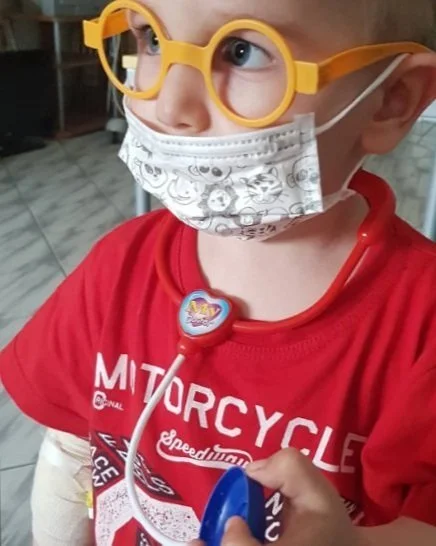
He Suffered from a Rare Cancer Before the Age of Two. What was wrong?
Before the age of two, Viktor Pataki’s parents discovered there was something wrong with their son. His young life was just beginning and they were desperate for answers. Doctors discovered that Viktor had a rare form of cancer called Langerhans Cell Histiocytosis (LCH).
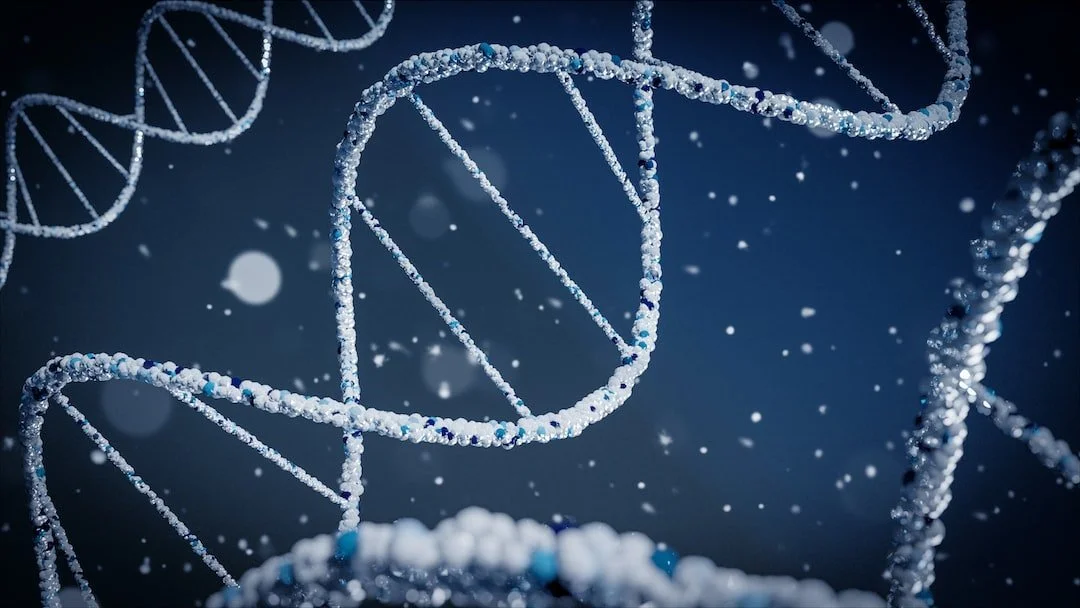
Sometimes, It’s a Zebra
In medical school, many doctors are taught the old saying, “When you hear hoof beats, think horses, not zebras.” This saying means that doctors should generally consider the most likely possibility first when making a diagnosis.
But what do you do when it is a zebra?
What makes a disease rare? In the United States, the Orphan Drug Act defines a disease as rare if it affects fewer than 200,000 Americans or less than one in 2,000 people. A disease is considered ultra-rare if it affects less than one in 50,000 people.
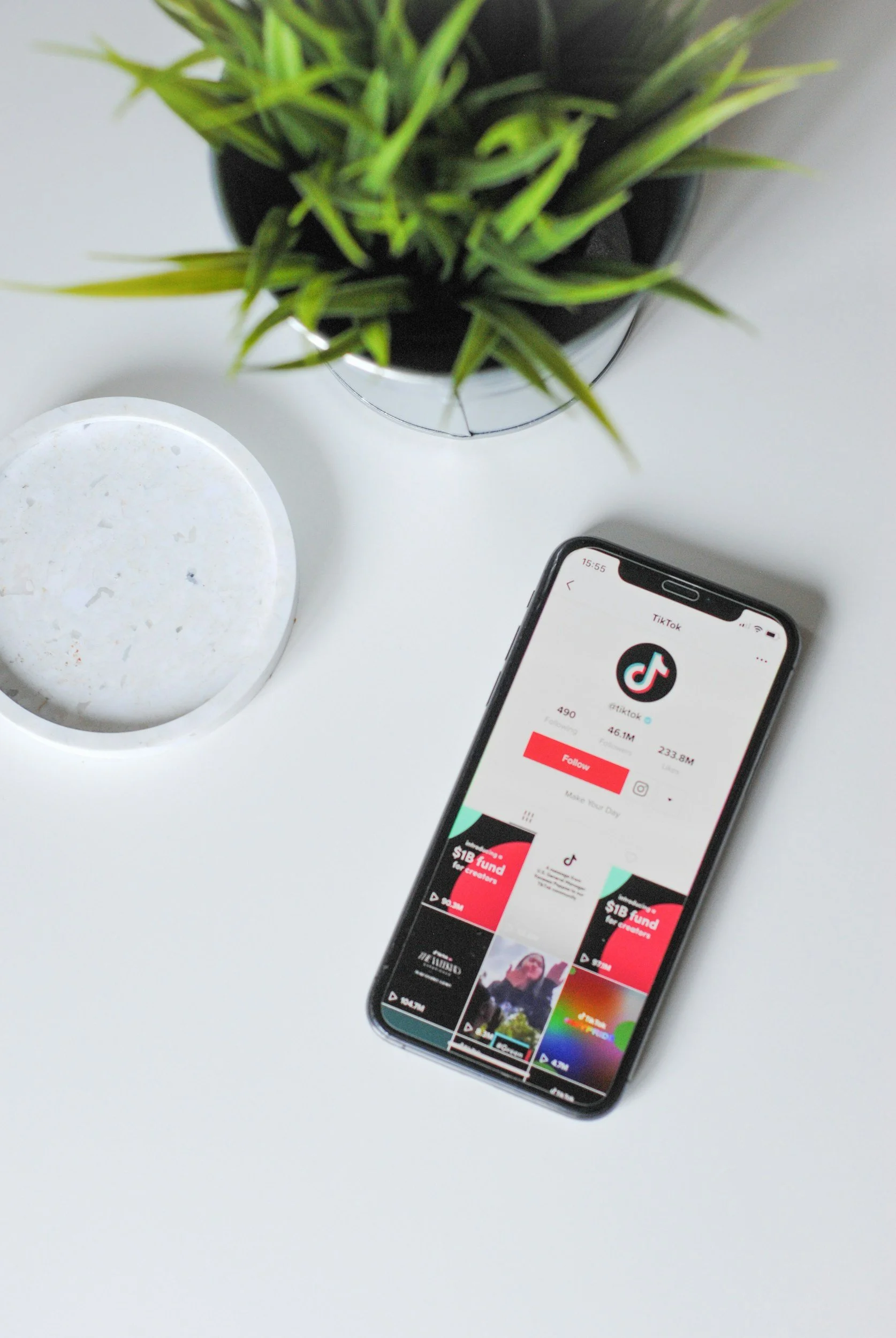
Misdiagnosed With Monkeypox: Understanding How Rare Conditions Are Presented
Even the most qualified medical practitioners make mistakes when attempting to diagnose patients’ rare conditions. Therefore, the average person cannot be held to a high standard when it comes to recognizing whether someone in their lives has a rare disease. It would be nearly impossible for a layperson to identify whether someone they pass by on their daily commute has a disease, let alone a rare one.

Madelaine and Ally's Story
Madelaine had a normal pregnancy and gave birth to a healthy baby named Ally in a small, less than 10,000 person town named Manitoba, Canada. Ally was Madelaine’s second daughter, with her first being her neurotypical eldest daughter, Bethany.

Kelley and Ryan's Story
At birth, Ryan was diagnosed with bilateral sensorineural hearing loss and an umbilical hernia. A few weeks later, she was diagnosed with macroglossia and an oversized liver. After piecing together a puzzle of symptoms, including Ryan’s spontaneous birth, her pediatrician made the diagnosis of Beckwith Wiedemann Syndrome (BWS) at three months. Kelley was relieved to have a diagnosis. With a name to lead the way, this initial answer pointed their family towards further work-up, medical research papers Kelley could read to learn more, and treatment options.
However, Ryan’s story did not end with BWS. She continued to be in pain for the first 1.5 years of her life because there were several other symptoms that were unaccounted for in the initial BWS diagnosis, and therefore not addressed.

Alex and Caroline’s Story
Caroline Cheung-Yiu is the parent of a child living with a rare disease. Her son Alex is a RareWear participant who was issued a device in connection with the RareWear program which monitors vital signs. Caroline graciously shared her family’s story with us in the hope of helping others who might benefit from the RareWear program.
